Aronia syrup with ginger and honey
A natural tonic with miraculous effects on the body. Using ginger in aronia berry juice is a good alternative to alleviate the lingering taste of aronia berry fruit.
Servings: 25 servings
~ 1 liter of syrup, ie 25 servings, one serving being 2 tablespoons of syrup (~ 40g)
Ingredients
Materials
- - fruit juicer with worm shaft
- - knife
- - container
Preparation
- Aronia is washed by rinsing in 2-3 waters, then left to dry on a tray. It is important that the aronia berry fruits are dry, as the excess water resulting from washing can lead to the fermentation of the syrup.
 After they have withered, the fruits are detached from the bunches, to be squeezed through the juicer.
After they have withered, the fruits are detached from the bunches, to be squeezed through the juicer. Peel the lemon and ginger. Lemon is cut into 4, and ginger is cut into slices to be more easily passed through a juicer.
Peel the lemon and ginger. Lemon is cut into 4, and ginger is cut into slices to be more easily passed through a juicer. At this stage, start squeezing with the help of a screw-driven juicer. Aronia fruits, ginger and lemon are placed alternately in the juicer, in order to have a more cursive squeezing, the ginger and lemon cleaning the juicer screen.
At this stage, start squeezing with the help of a screw-driven juicer. Aronia fruits, ginger and lemon are placed alternately in the juicer, in order to have a more cursive squeezing, the ginger and lemon cleaning the juicer screen. The natural juice obtained is placed in a glass container, over which bee honey is added. Stir vigorously until the honey is completely dissolved.
The natural juice obtained is placed in a glass container, over which bee honey is added. Stir vigorously until the honey is completely dissolved. When everything is homogenized, the syrup obtained is poured into bottles, which will be sealed and kept in the refrigerator.
When everything is homogenized, the syrup obtained is poured into bottles, which will be sealed and kept in the refrigerator. The pulp of the chokeberry resulting from the squeezing will not be thrown away. It is dried and can be used both in the preparation of teas and as a powder (ground) taken as such.
The pulp of the chokeberry resulting from the squeezing will not be thrown away. It is dried and can be used both in the preparation of teas and as a powder (ground) taken as such.
Caution: it is good to set aside the lemon residue / pulp.
Administration
It can also be used in various cocktails.
Observations
For those who have problems with the strong taste of aronia berry, a good solution is to include ginger and lemon in the juice.
Bee honey also has a preservative effect.
Aronia fruits can be harvested from mid-August to the end of September. The later they are harvested, the sweeter they are, but the raisin / dehydration effect also occurs. If the fruits are withered / dehydrated, they can be hydrated, leaving them in water for a few hours.
It is recommended that the syrup bottles not be filled to the brim, especially if they have a small opening, as it can form like a stopper and the juice will not flow.
A good way to preserve aronia berry fruit in the long run is to freeze it.
The aronia berry pulp left after squeezing, can be dried and then consumed as an infusion in teas or ground powder in various beverages.
Effects and benefits
- strong antioxidant: contains the highest level of anthocyanins and proanthocyanidins
- strengthens the body's immunity
- Aronia can fight cancer
- prevents colds
- rich in vitamin C and vitamin P
- rich in fiber
- contributes to heart health
- anti-diabetic effect
- protects the liver
- good digestive
- protect the body from intoxication
- reduces stress
- Important source of antioxidants. Contains the highest level of anthocyanins and proanthocyanidins, compared to other foods already known;
- Rich in fiber. 100 grams of dried chokeberry = 16.9 grams of fiber;
-100g of Aronia provides 35% of the daily dose of vitamin C, which supports the production of collagen, helps immunity and reduces inflammation;
- Rich in vitamin P (the dose is higher than in any other fruit consumed);
- They have chemo-preventive action against colon cancer;
- Anti-aging effects;
- Strengthen the immune system;
- Prevent and treat colds;
- Protects against viruses and the development of Staphylococcus or Escherichia Coli;
- Balances the metabolism and decreases the level of stress hormones;
- Restore the tone of capillaries;
- The ORAC (Oxygen Radical Absorbance Capacity) test shows that the antioxidant level of chokeberry fruit is 16062 per 100g.
FAQ 💡❓
What are the main benefits of aronia syrup with ginger and honey?
➡️ The combination supports immunity, helps detoxify the body, regulates blood sugar and has strong anti-inflammatory and antioxidant effects.
Is aronia syrup good for immunity?
➡️ Yes, it is excellent for strengthening the immune system due to its rich content of antioxidants, vitamin C and anti-inflammatory compounds.
Is this syrup recommended during the cold season?
➡️ Yes, ginger and honey have antimicrobial and soothing properties, making them ideal for colds, coughs or sore throats.
Can it be consumed by children?
➡️ It is recommended for children over 3 years old, but in small quantities and only with the consent of the pediatrician.
Can diabetics consume this syrup?
➡️ Only with the doctor's advice, as it contains honey which influences blood sugar levels, even though aronia can have positive effects on insulin.
Does this syrup help with digestion?
➡️ Yes, ginger stimulates digestion, reduces bloating and nausea, and chokeberry supports intestinal health.
Can it be taken preventively?
➡️ Yes, it is ideal as a natural supplement for preventing respiratory diseases, infections and for supporting general tone.
Are there any contraindications for chokeberry syrup with ginger?
➡️ Yes, it is not recommended for people with allergies to honey, pregnant women in the first trimester or those with severe digestive problems.
Can it be consumed during pregnancy?
➡️ Only with the advice of a doctor, because ginger can stimulate the uterus, and high doses of antioxidants can influence hormonal balance.
Is it effective against stress or fatigue?
➡️ Yes, chokeberry is adaptogenic, supporting the body in times of stress or physical and mental exhaustion.
How long can the prepared syrup be kept?
➡️ Kept cold, in a hermetically sealed container, the syrup lasts up to 2 months without losing its properties.
Can it be consumed on an empty stomach?
➡️ Yes, but in small doses, especially in the morning, so as not to irritate the sensitive stomach due to the ginger.
How many tablespoons can be consumed daily?
➡️ In general, 1–2 tablespoons per day are sufficient for the desired effects, in 2-4 week courses.
Can it also be used as a sweetener in teas?
➡️ Absolutely, it has a pleasant taste and intense aroma, making it ideal for teas, hot water or even natural lemonades.
Is filtration necessary after maceration?
➡️ Yes, for a pleasant consistency and removal of impurities, filtration with a fine sieve or gauze is recommended.
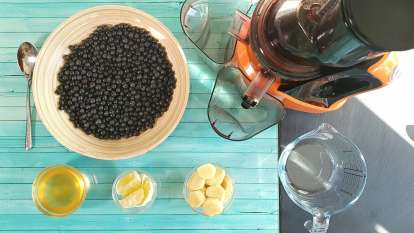
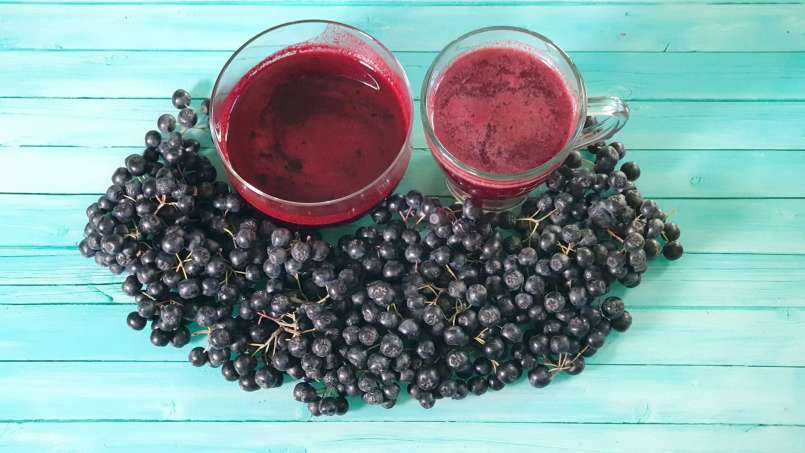
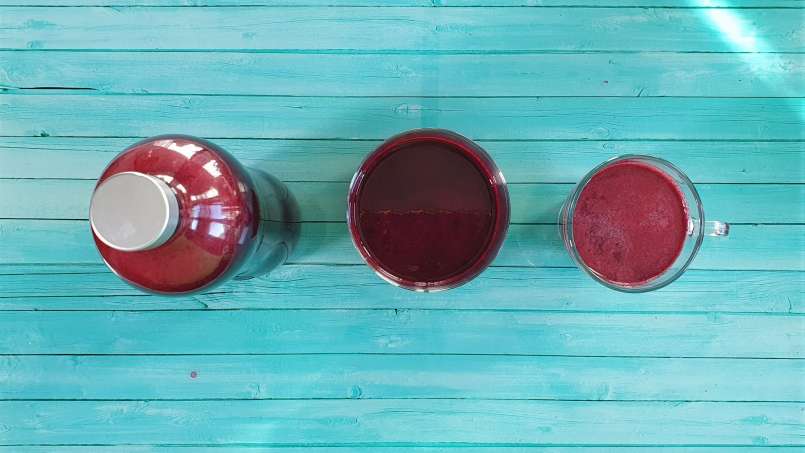
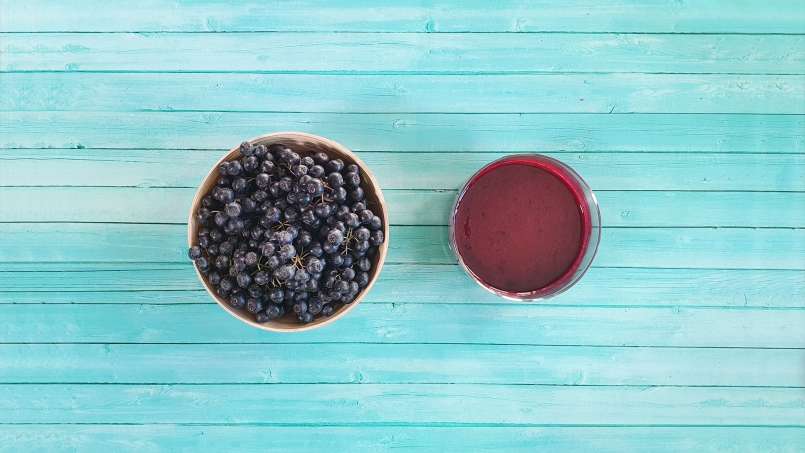

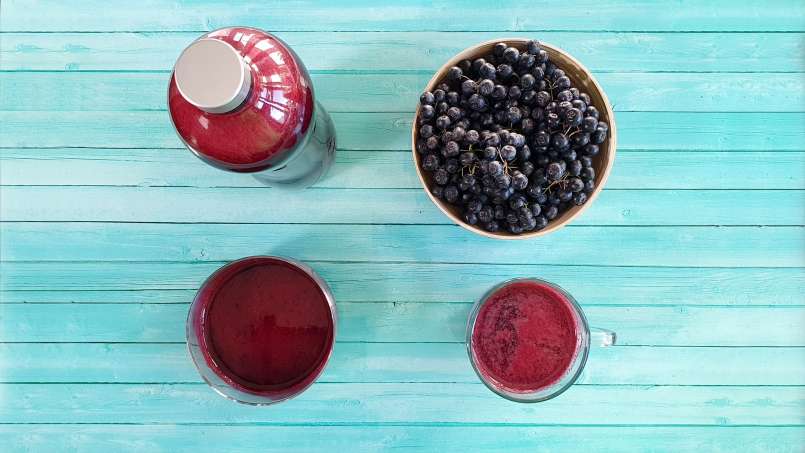
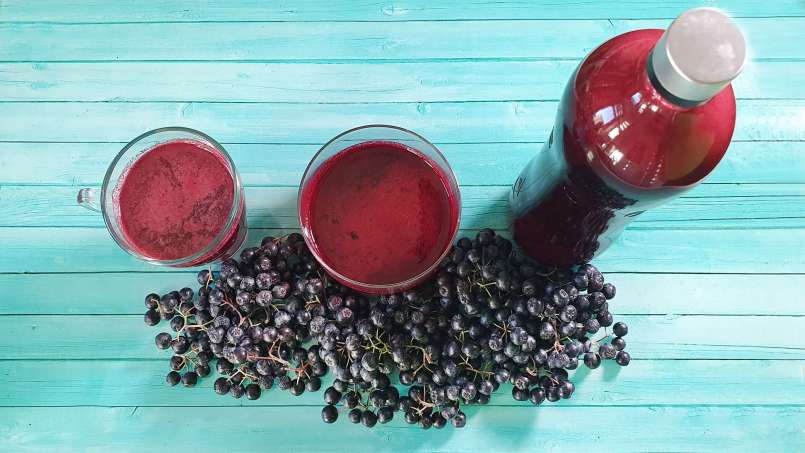
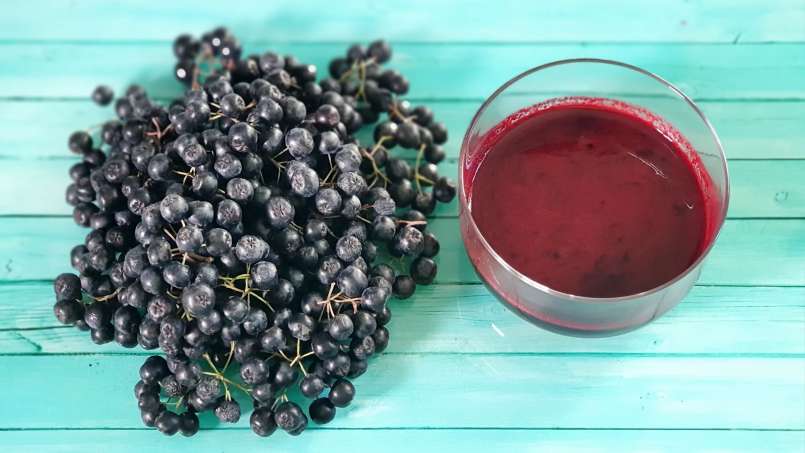
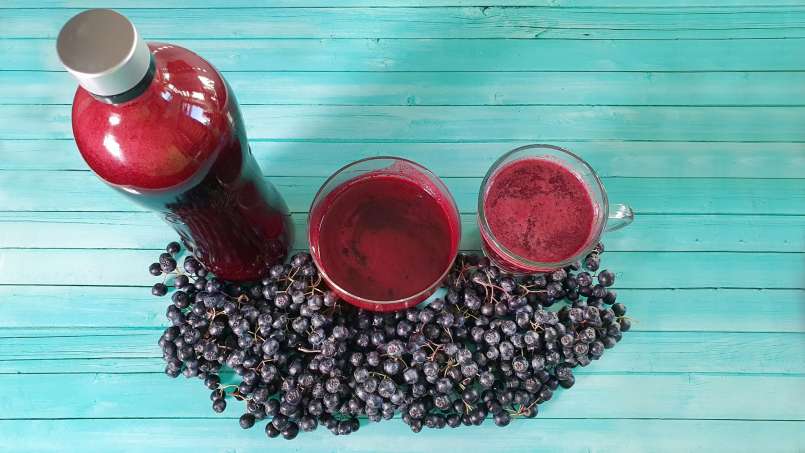
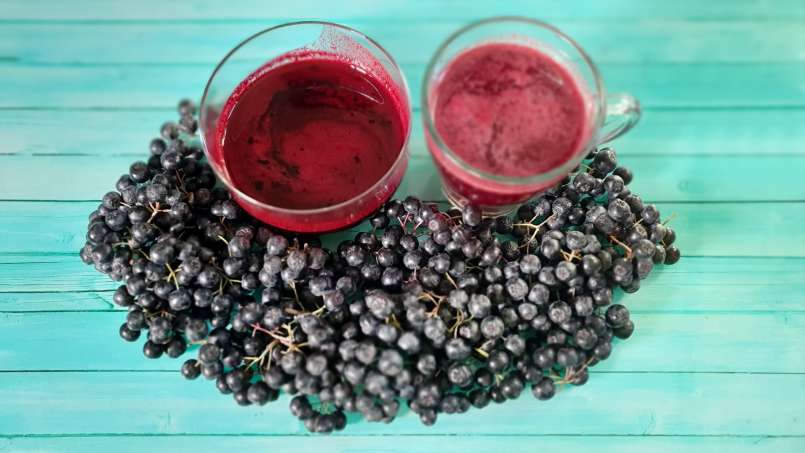
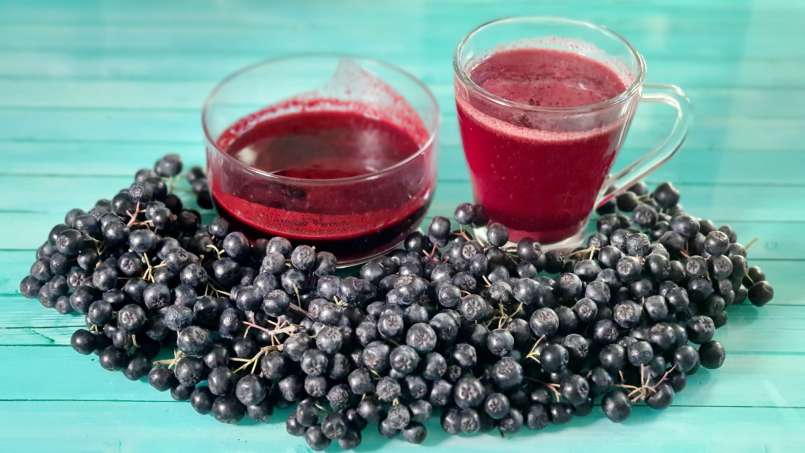
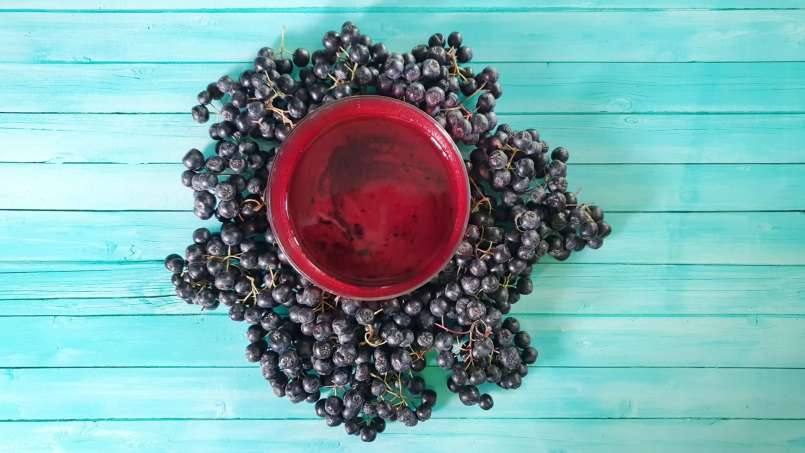

Comments